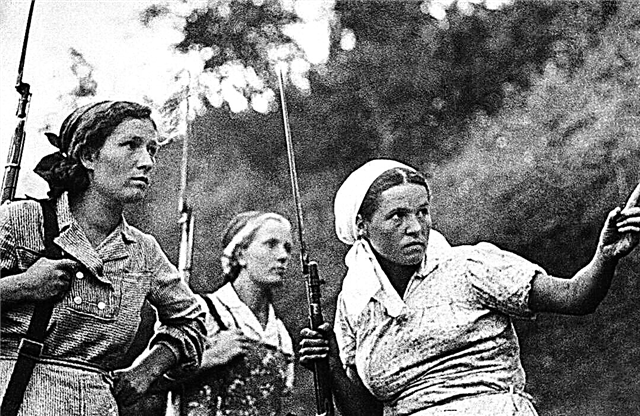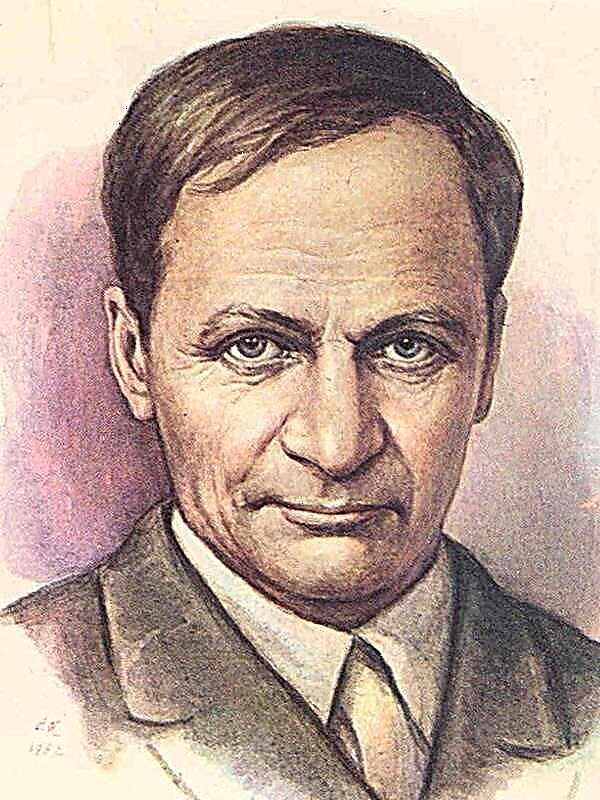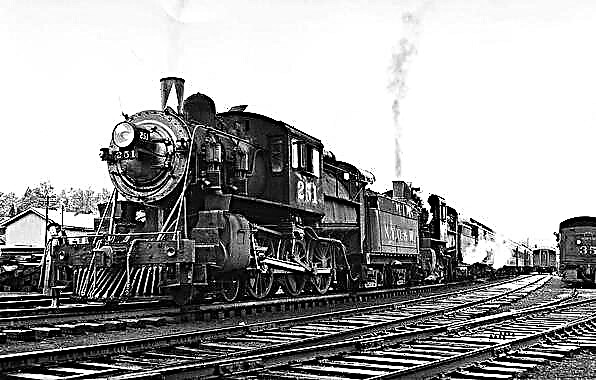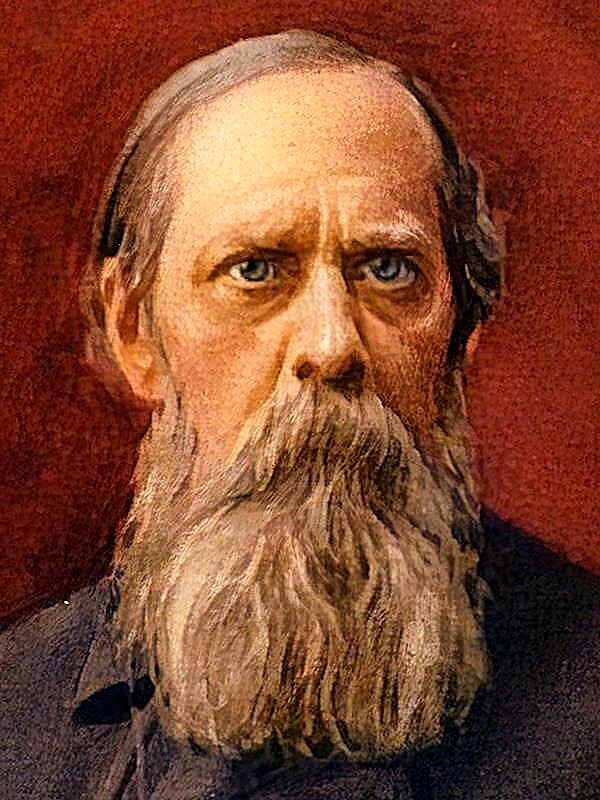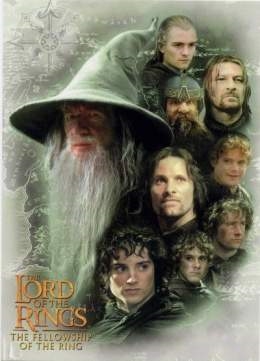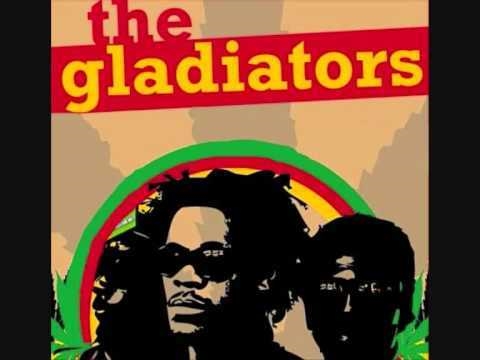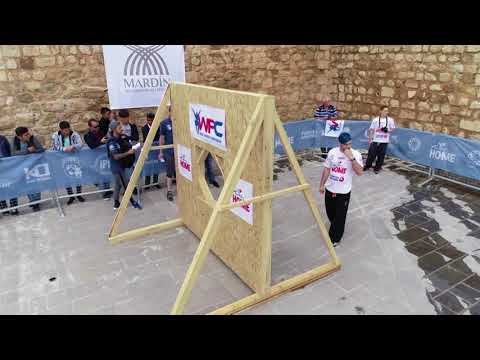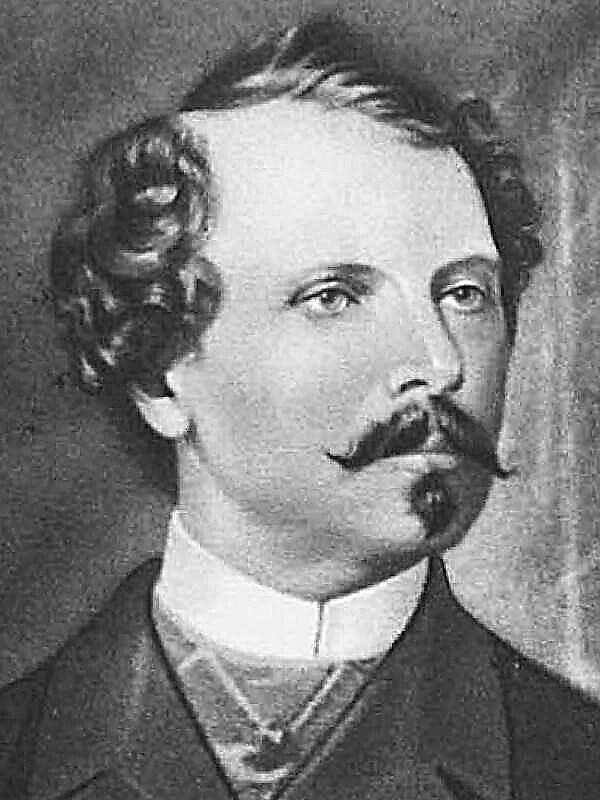The plot of the drama was based on a historical event - the uprising of Silesian weavers in 1844.
The house of Dreisiger, owner of the paper factory in Peterswaldau. In a special room, the weavers hand over the finished fabric, the receiver Pfeiffer exercises control, and the cashier Neumann counts the money. Poorly dressed, gloomy, exhausted weavers quietly grumble - and so they pay pennies, they also strive to save money for allegedly discovered marriage, but they themselves put a bad foundation. There is nothing to eat at home, you have to tear yourself behind the machine in the dust and stuffiness from early morning to late night, and still not make ends meet. Only the young handsome Becker decides to express his dissatisfaction aloud and even enter into bickering with the owner himself. Dreisiger is furious: this impudent snout of drunkards who on the night before was making a vile song near his house, the manufacturer immediately gives the weaver a calculation and throws money to him so that a few coins fall to the floor. Becker is persistent and demanding, by order of the owner, the student boy picks up the crumbled trifle and gives the weaver to his hands.
The boy standing in line falls, he has a hungry faint. Dreisiger is indignant at the cruelty of his parents, who sent a weak child with a heavy burden on a long journey. He gives the employees orders not to accept the goods from the children, and if, God forbid, what happens, the scapegoat will, of course, be him. The owner has long been spreading that only thanks to him weavers can earn a piece of bread, he could curtail his business, then they would know how much a pound of dare. Instead, he is ready to provide work to two hundred more weavers, conditions can be consulted at Pfeifer. It turns out that prices for finished products will be even lower. The weavers are quietly outraged.
The Baumert family rents a small room in the house of the landless peasant Wilhelm Anzorge. A former weaver, he was left without work and is engaged in weaving baskets. Anzorge let the tenants in, but they don’t pay for six months now. That look, the shopkeeper will take his little house for debts. Baumert’s sick wife, daughters, moron’s son didn’t leave the looms. A neighbor - Frau Heinrich, who has nine hungry kids at home, comes in to ask for a handful of flour or at least potato peelings. But the Baumerts have not a crumb, all hope that the father, who carried the goods to the manufacturer, will receive money and buy something from food. Robert Baumert returns with a guest, a retired soldier Moritz Jäger, who once lived in the neighborhood. Learning about the need and tribulation of fellow villagers, Jäger is surprised; in cities to dogs - and the better they live. Didn’t they intimidate him with a soldier’s share, and he was not bad at all in the soldiers, he served as a batman at the captain hussar.
And now the roast of a stray dog hisses in a pan, Eger puts out a bottle of vodka. Talk continues about hopelessly heavy existence. In the old days, everything was different, the manufacturers themselves lived and let the weavers live, and now they are all raking themselves. Here Eger - a man who has seen a lot of things, knows how to read and write, would intercede for the weavers in front of the owner. He promises to arrange a holiday for Dreisiger, he has already agreed with Becker and his friends to perform the very same song “Blood Bath” under his windows once more. He sings it, and words where despair, pain, anger, hatred, thirst for revenge sound deeply penetrate the souls of those gathered.
Pub Scholz Waelzel. The owner is surprised why such a revival in the village, the carpenter Wiegand explains: today is the day of delivery of the goods at Dreisiger, and in addition, the funeral of one of the weavers. The visiting salesman is perplexed by what a strange custom is here - getting into his ears deep into debt, to arrange a magnificent funeral. The weavers gathered in the tavern scolded the gentlemen of the landowners, who did not even allow wood chips to be picked up, peasants who were fighting incredible housing fees, and a government that did not want to notice the complete impoverishment of the people. Eger and Becker rush in with a company of young weavers, they lift up the gendarme Kutsche, who came to miss a glass of vodka. Law enforcement officer warns: the police chief forbids singing an inflammatory song. But the dispersed youth in spite of him draws in a "Blood Bath".
Dreisiger apartment. The owner apologizes to the guests for being late, things were delayed. A rebellious song sounds again at the house. Pastor Kittelgauz looks out the window, indignant: well, the young busiers would have gathered, but after all there are old, respectable weavers, people whom he considered worthy and God-fearing for many years. The home teacher of the sons of the manufacturer - Weingold stands up for the weavers, they are hungry, dark people, they just express their dissatisfaction as they understand. Dreisiger threatens to immediately calculate the teacher and orders the dye workers to seize the main singing. Arriving police chief present the detainee - this is Jaeger. He acts impudently, showers present with ridicule. The infuriated police chief intends to personally escort him to prison, but it soon becomes known that the crowd repulsed the arrested man and beat the gendarmes.
Dreisiger is beside himself: before the weavers were quiet, patient, succumbed to exhortations. It was they who were confused by the so-called preachers of humanism, hollowed into the workers, who were in a terrible situation. The coachman reports that he harnessed the horses, the boys and the teacher are already in the carriage, if things turn out badly, you need to quickly get out of here. Pastor Kittelhauz volunteers to speak with the crowd, but is treated rather disrespectfully. There is a knock on the door, the sound of broken window panes. Dreisiger sends his wife into a stroller, while he himself hurriedly collects papers and valuables. The crowd bursts into the house and pogroms.
Weaving workshop of old Gilze in Bilau. The whole family is at work. Hornig, an old-time worker, reports the news: the weavers from Peterswaldau were driven out of the den by the manufacturer Dreisiger and his family, they demolished his house, dyes, and warehouses. And all because the owner had completely gone too far, he told the weavers - let them eat the quinoa if they are hungry. Old Gilze does not believe that the weavers decided to do this. His granddaughter, who carried Dreisiger skeins of yarn, returns with a silver spoon, claiming that she found it near the defeated factory owner's house. It’s necessary to take a spoon to the police, says Gilze, the wife is against it - you can live on the money raised for her for several weeks. A lively doctor Schmidt appears. Fifteen hundred people are sent here from Peterswaldau. And what kind of demon got these people? You see, they started a revolution. He advises local weavers not to lose their heads, followed by rebels are troops. Weavers are excited - tired of eternal fear and eternal mockery of themselves!
The crowd is smashing the Dietrich factory. Finally, the dream came true - to smash the mechanical machines that ruined the manual weavers. A message arrives on the arrival of troops. Jäger calls on his companions not to drift, but to fight back, he assumes command. But the rebels' only weapons are cobblestones from the pavement, and in response rifle volleys sound.
Old Gilze remains of his opinion: what the weavers started is complete nonsense. Personally, he will sit and do his work, even if the whole world has turned upside down. Struck to death by a stray bullet flying into the window, he falls onto the machine.

